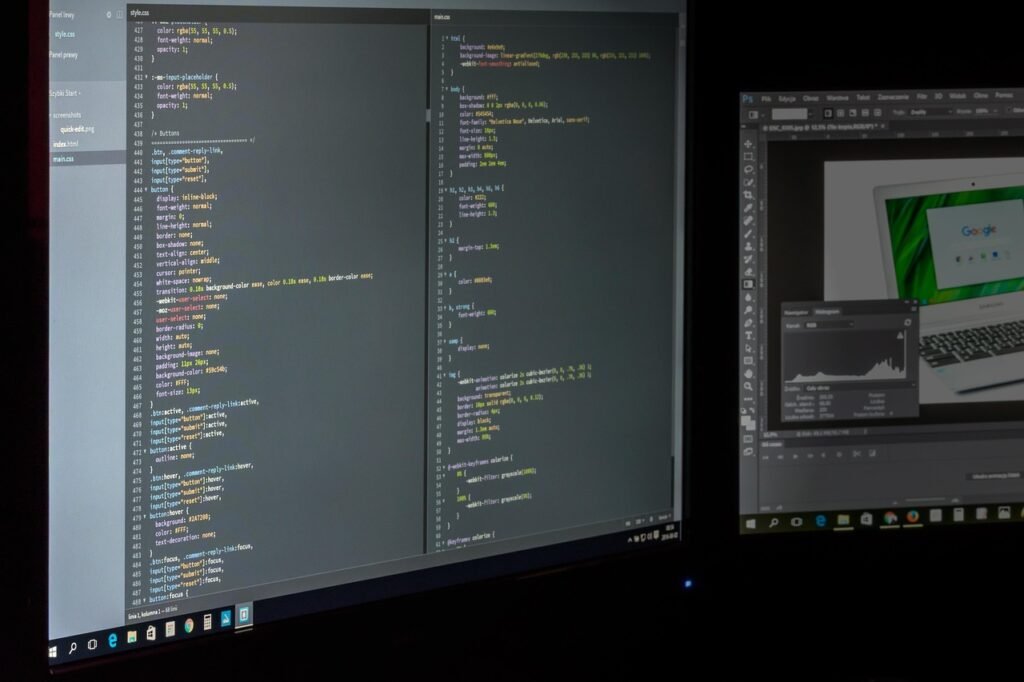
The staffing industry has undergone significant transformations over the last few decades, responding to an ever-changing job market and workforce dynamics. As businesses evolve, so too must the strategies employed by staffing agencies to attract top talent and meet the workforce needs of their clients. The confluence of technology, shifting employee expectations, and the rise of the gig economy has necessitated innovative practices in staffing. In this article, we will explore the key changes in the staffing sector, how organizations are adapting their strategies, and the future trends shaping this vibrant industry.
The Impact of Technology
Gone are the days when staffing involved merely collecting resumes and matching them with existing job postings. Today, technology plays a pivotal role in how staffing agencies operate. Applicant Tracking Systems (ATS), artificial intelligence (AI), and data analytics have revolutionized the recruitment process, enabling staffing firms to streamline their operations and provide a higher level of service to both clients and candidates.
For instance, ATS platforms have simplified the process of sifting through hundreds of applications, helping recruiters quickly identify qualified candidates based on relevant skills and experiences. AI tools can analyze candidate profiles and predict their compatibility with specific roles, further enhancing the match between candidates and employers. Data analytics allows staffing agencies to gauge market trends, understand candidate behavior, and make data-driven decisions to refine their strategies.
By harnessing these technological tools, staffing agencies can not only improve efficiency but also deliver a more personalized experience for both clients and candidates. Candidates can now benefit from well-curated job listings tailored to their skills and preferences, while employers receive a much more refined selection of applicants.
The Rise of Remote Work
The COVID-19 pandemic has fundamentally altered the way we work. Remote work, once a perk offered by a handful of employers, has now become a standard practice in many industries. This shift has significantly impacted staffing agencies, as they are now tasked with finding talent that can thrive in a virtual environment.
Recruitment strategies must adapt to account for remote interactions. Virtual interviews, for example, have become commonplace, necessitating that both recruiters and candidates become proficient with digital communication tools. Moreover, staffing agencies are now focusing on skills that are particularly relevant to remote work, such as self-discipline, communication, and adaptability.
The implications of remote work extend beyond the hiring process. Staffing agencies must also consider the long-term impacts on company culture and team dynamics. Candidates today are looking for organizations that not only embrace remote work but also prioritize employee engagement, mental health, and work-life balance. Therefore, staffing agencies must not only present job openings but also provide insights into the company culture, values, and the steps employers are taking to support their remote workforce.
The Gig Economy’s Influence
The rise of the gig economy has transformed the staffing landscape, as more workers are opting for freelance or contract work over traditional employment. This shift has to lead to a greater diversification of workforce solutions, with staffing agencies now catering to both…

